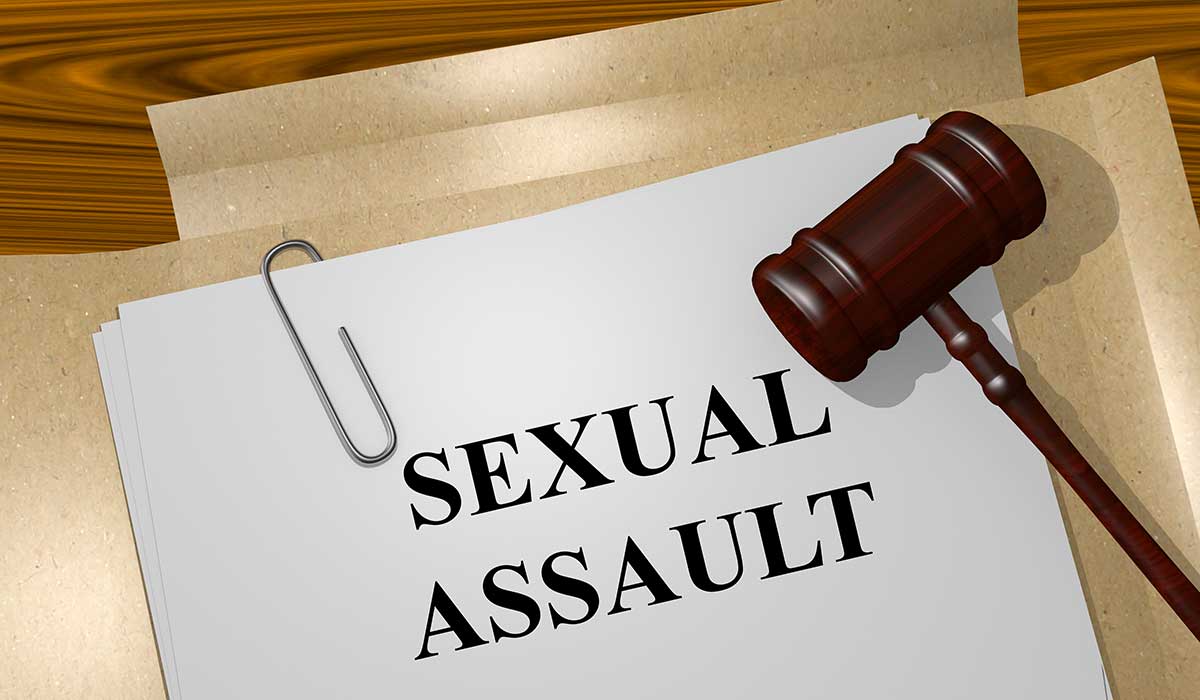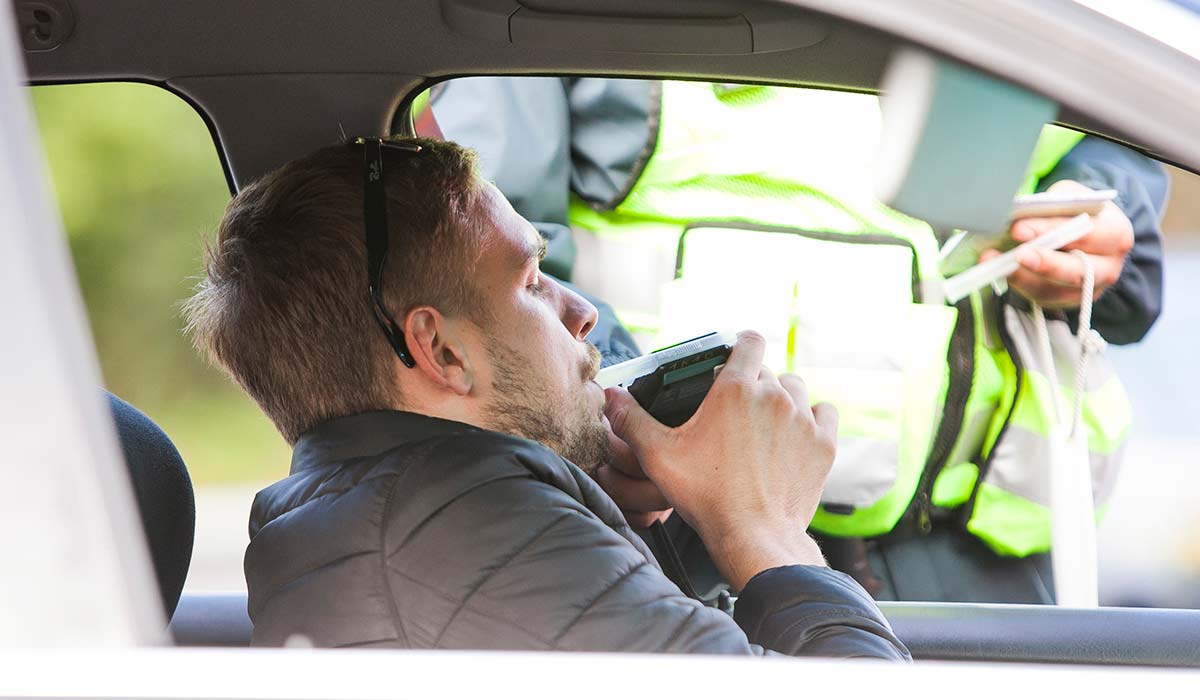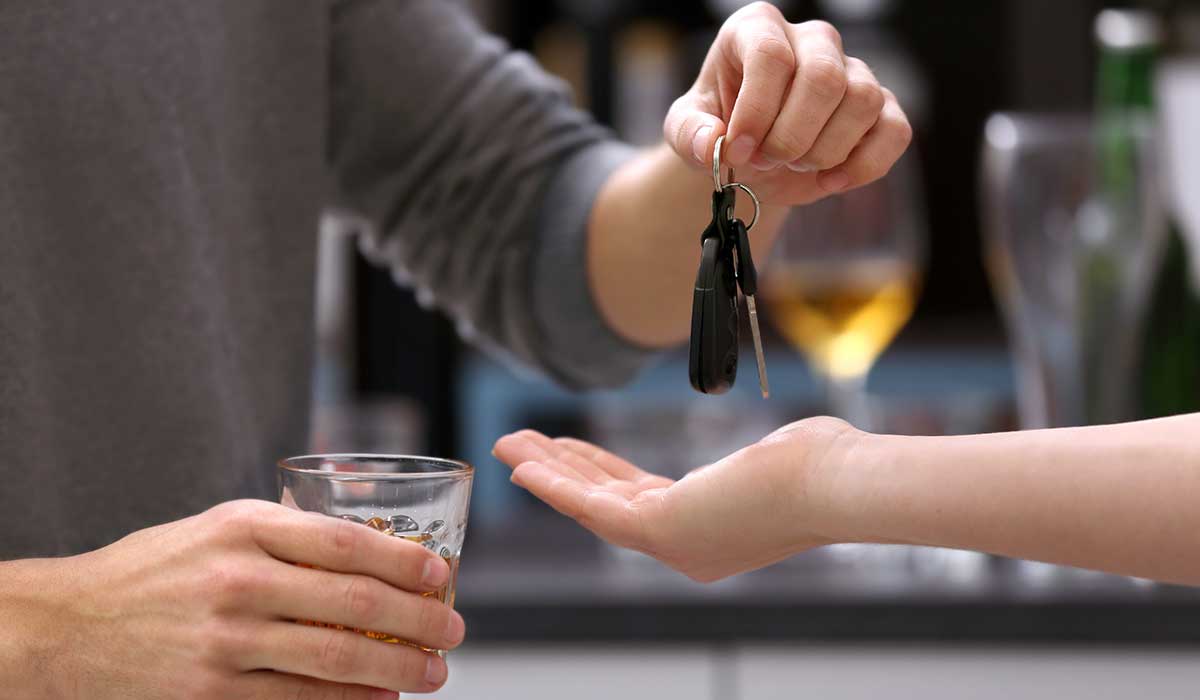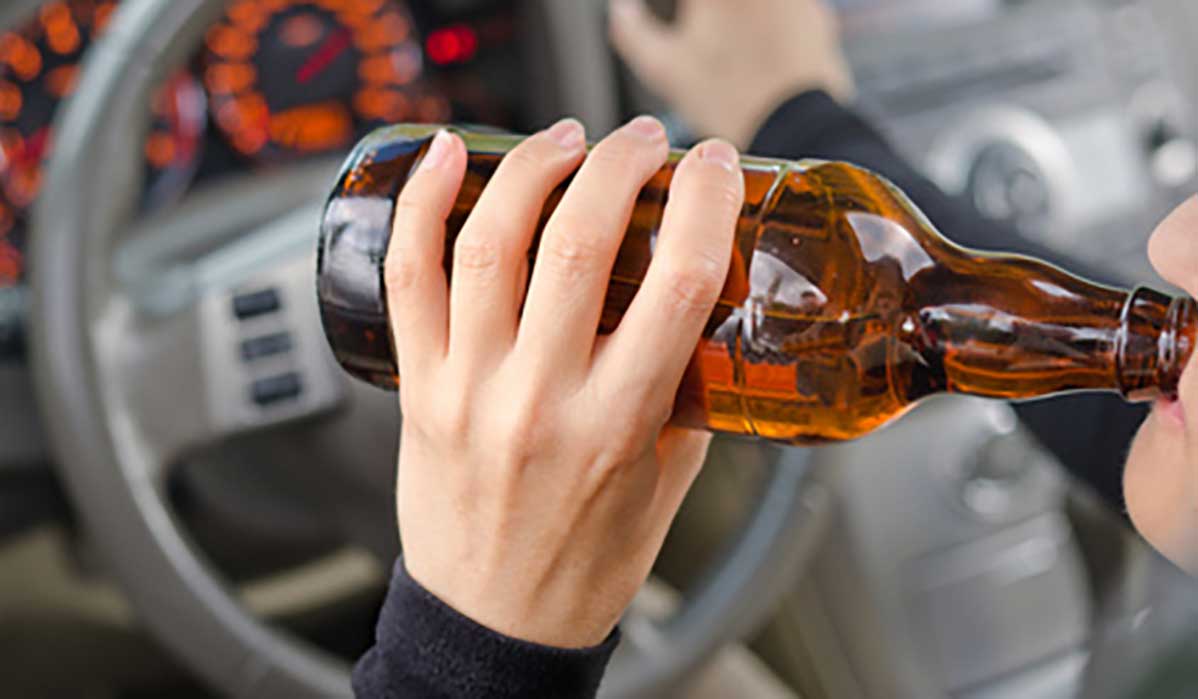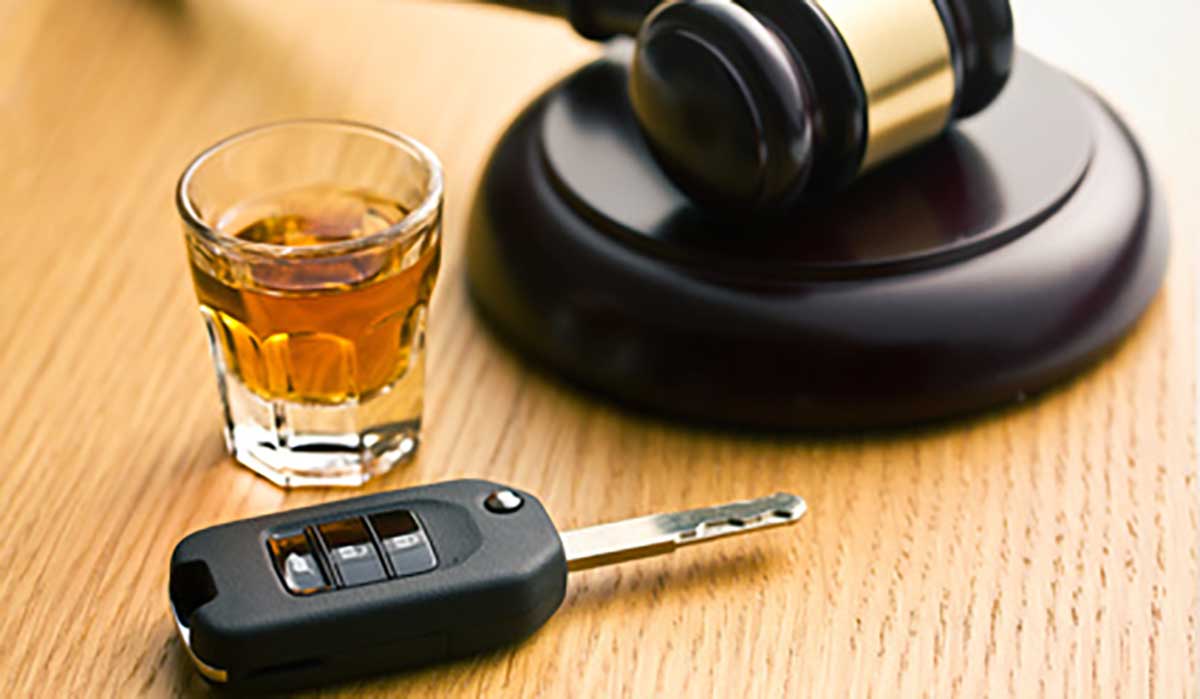For a sexual assault lawyer, the Courts today present a challenging array of cases.
Consequences of Sexual Assault Conviction
It’s not a secret that sexual offenses are considered most heinous and shameful. A person convicted of such offenses now faces not only potential long prison term but is also required to register in the sexual offender registry. If you are charged with sexual assault or other sexually based offenses, you need an experienced sexual assault lawyer to represent you since the consequences of a conviction are ever so grave and can affect not only your immediate well-being but also can ruin your future.
Can I Successfully Defend Against This Charge?
With the advent of DNA testing, many think that once your DNA is found on the alleged victim, your case is done, i.e., you have no chance of success. This is incorrect. First, there may be many innocent reasons why one person’s DNA ends up on the other. Secondly, the DNA evidence may be subject to constitutional challenge, i.e., if it was obtained in violation of the accused’s rights guaranteed by the Charter of Rights and Freedoms, such evidence may be excluded from the trial. As an experienced sexual assault lawyer, I will carefully review your case and advance all possible defenses including those which either explain the presence of physical evidence or lead to its exclusion.
Furthermore, the fact of sexual interaction does not inevitably lead to finding guilt of sexual assault. Remember that it is only a crime if sexual contact occurs without the alleged victim’s consent. Even where no actual consent is given, the accused may honestly and reasonably, though mistakenly, believe in its existence which still should result in an acquittal. The experienced sexual assault lawyer will present relevant evidence which, depending on the particular facts of the case, can establish either existence of consent or the accused’s reasonable belief in it.
Most cases, however, turn on the credibility and reliability of the alleged victim, and here the expertise of your sexual assault lawyer is especially important. Cross-examination of the prosecution’s witnesses may reveal numerous inconsistencies, implausibilities, and sometimes outright lies. I had cases where I had to cross-examine the alleged victims of sexual assault for several days, confronted them with their previous inconsistent statements made to the police, their prior evidence was given at the preliminary hearing or things posted on social media and demonstrated to the Court that their evidence deserves no credit.
When dealing with the allegations of sexual assault, it is very important to find out the reason why the alleged victims may not be correct or truthful in their testimony. In some cases, it may be an issue of mistaken identification, in others, the sinister motive for fabricating evidence can be uncovered. You have to remember that as any human being, a judge necessarily asks him or herself this question: why would the alleged victim voluntarily subject herself to the investigation process followed by trial including grilling cross-examination by defense counsel if no sexual assault actually happened? As an experienced sexual assault lawyer, I will thoroughly go through all possible ways to persuade the Court that the alleged victim’s evidence in your case cannot be relied upon to support a conviction.
